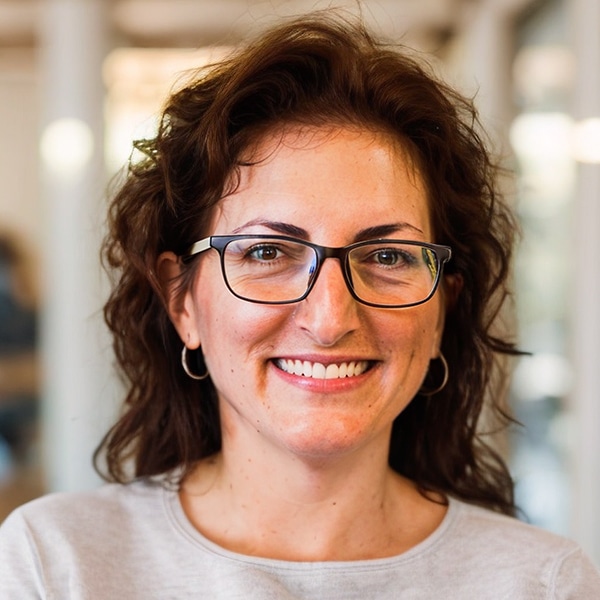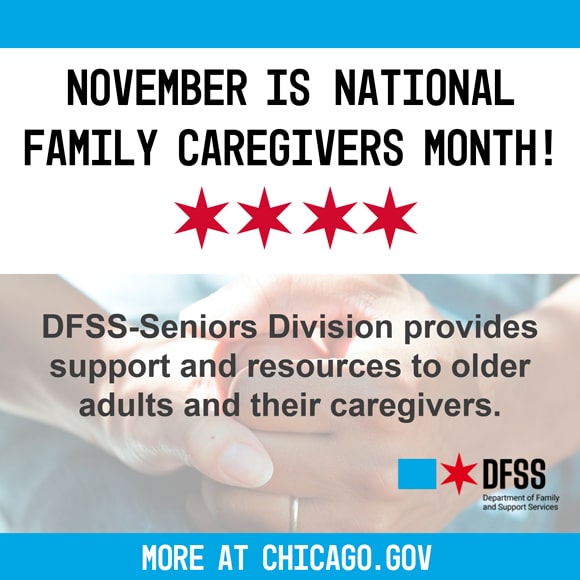How Jewish traditions inform care for adults with disabilities
Fact checked by Jim Lacy
Shana Erenberg, PhD, listened closely one morning as her friend Baruch Schur shared a concern with her: He needed to move his son Josh out of state due to the lack of disability services in Chicago. Erenberg felt compelled to act.

With a doctorate in communication sciences and disorders from Northwestern University, Erenberg had spent decades as an advocate for individuals with intellectual and developmental disabilities. She witnessed firsthand the challenges Jewish families specifically faced in securing culturally sensitive care for their loved ones. Her resolve to address these gaps drove her to co-found in 2010, with Schur and 50th Ward Alderman Debra Silverstein, Libenu. The organization provides residential, respite, and vocational services to Jewish adults with disabilities.
Jo Ann Potashnick, a mother and advocate, had been searching for an organization exactly like that: a long-term solution for her daughter, Samantha, who had been born with developmental disabilities. Potashnick worried about what would happen when she could no longer care for her daughter.
“What will her life look like without me?” She would often ask. Determined to ensure that Samantha — and others like her — could live with dignity, independence, and inclusion, she partnered with Erenberg to expand Libenu’s reach and impact.
What started as a grassroots effort has since blossomed into a multi-faceted organization providing residential, respite, and vocational services, empowering individuals to live their best lives.
Inclusive living
The word libenu means “our hearts” in Hebrew. Libenu was built on the principle that people with disabilities deserve not only housing, but a home and vibrant, supportive community. Libenu’s first home, a renovated six-bedroom house, opened in 2011 for Jewish men with disabilities. Since then, the organization has expanded to three locations with four homes accommodating 17 adults. Each home considers the residents’ unique needs, including wide hallways to accommodate wheelchairs and walkers, bathrooms adapted for safety, and an elevator to guarantee full accessibility.

To staff and manage the homes, Libenu partners with Clearbrook, the largest provider of home-based services in the state. Their expertise in residential care ensures that Libenu residents receive support tailored to their intellectual and developmental needs.
“We really wanted to create a place where these individuals could feel a true sense of belonging, not just a facility,” Erenberg says. “That’s why we put so much thought into the design of the homes.”
Beyond accessibility, Libenu serves Orthodox Jewish families who need a kosher, Shabbat-observant home for their children with disabilities. Many families had considered relocating to New York because no such option existed in Chicago. While other organizations, such as JCFS and Keshet, offer housing options, they do not enforce strict Shabbat observance. Some maintain kosher kitchens but allow more flexibility regarding Sabbath practices.
Libenu filled this gap, allowing families to stay within their community while meeting their children’s religious and cultural needs.
Potashnick’s daughter lives in an observant home, where residents adhere to Shabbat rules, refraining from driving or using electronics on the Sabbath. This level of observance is essential for Orthodox families, and for parents, it ensures their children can maintain the traditions they grew up with.
“Having a home where our children can be an active part of the Jewish community gives us peace of mind, knowing they remain part of their cultural and religious community,” Potashnick says.
A legacy of love
Libenu’s commitment to its residents extends far beyond the physical space. Erenberg and her team work to foster community, partnering with local businesses and neighbors.
“We really wanted to create a place where these individuals could feel a true sense of belonging, not just a facility.”
“We don’t want these homes to be isolated from the community,” Erenberg says. “We work hard to educate our neighbors and make sure our residents are welcomed and integrated. They’re not just residents; they’re part of the fabric of the neighborhood.”
Families across Chicago’s Jewish community rallied behind the cause, offering their time, donations, and expertise to help build something remarkable. Their efforts transformed Libenu into a lifeline for countless families, providing peace of mind to parents who, like Potashnick, worried about their children’s futures without them.
This holistic approach has paid dividends, with Erenberg reporting that most of Libenu’s residents are thriving, living their best and most independent lives. But the organization’s work is far from done. As the population ages, Erenberg and her team are already planning for the future, exploring the possibility of a memory care program to ensure their residents can continue aging in place.
“This is a lifetime commitment,” Erenberg says. “From the moment we welcome a new resident, we’re in it for the long haul. We’ll be there for them and their families, no matter what challenges arise.”
The promise has resonated deeply with the families Libenu serves, many of whom have watched their adult children struggle to fit in anywhere else. For Erenberg, that sense of trust and partnership is at the heart of Libenu’s mission.
Residents are family, she says. “And we’ll do whatever it takes to ensure they have the support, community, and quality of life they deserve.”
Photo at top: Members of the Libenu community.
Originally published in the Spring/Summer 2025 print issue.

Catherine Gianaro, a freelance writer and editor based in Chicago, has written about healthcare and higher education for more than three decades. With 90-plus awards in communications, she is well-versed in storytelling.













